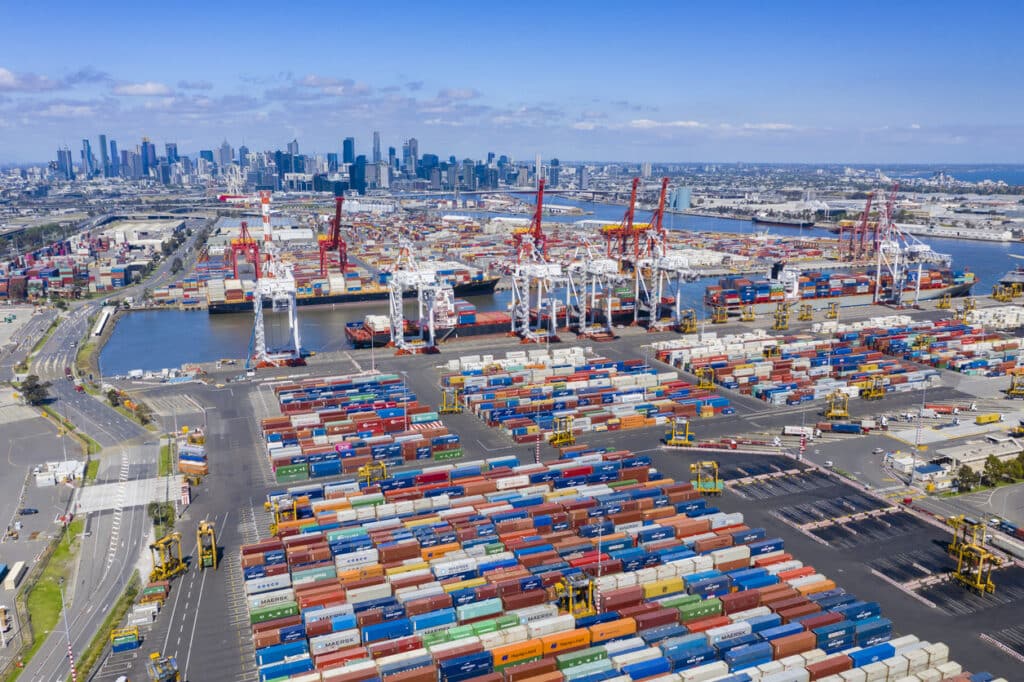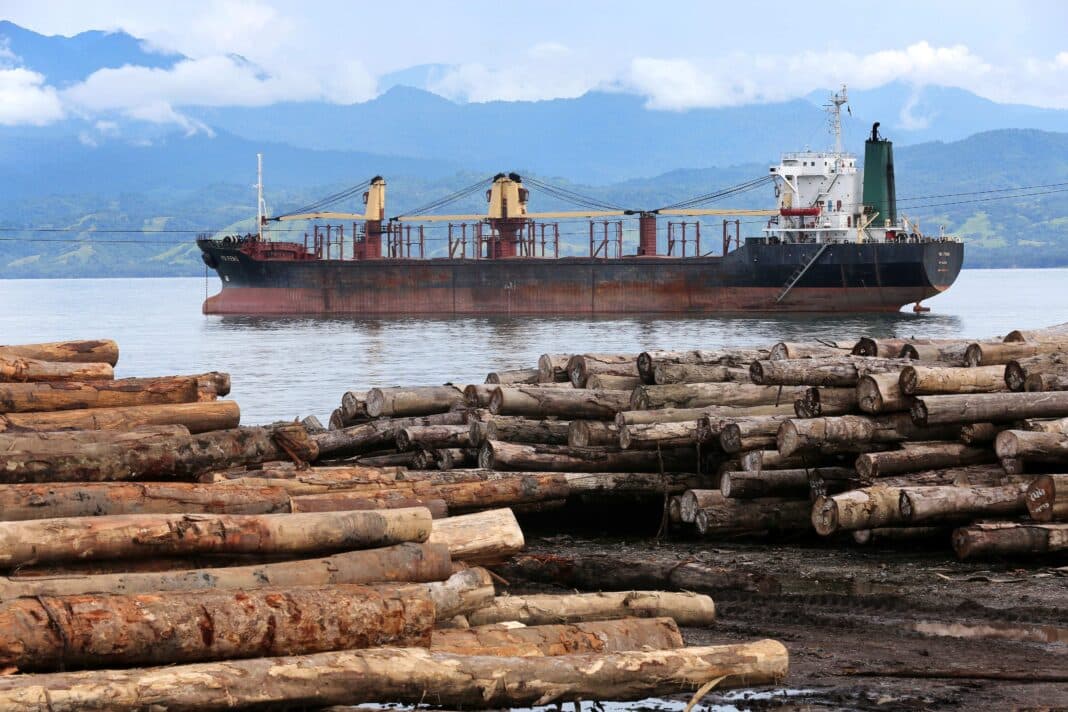Up to 30% of timber entering Australia’s ports could be illegal, making Australia a hot spot for the world’s most profitable transborder environmental crime.
Last week, the Australian government’s Department of Agriculture, Fisheries and Forestry finished up on a timber testing trial that investigated the best way to implement technologies verifying claims of species and harvest origin of regulated timber and timber products.
According to Matt Lowe, Australia’s Deputy Secretary for Agriculture, Fisheries and Forestry Policy, illegal timber accounts for 15-30% of all wood traded globally: “Using timber testing technologies will strengthen Australia’s ongoing efforts to address this problem by enhancing existing compliance and due diligence efforts under our illegal logging prohibition laws.”
“They offer a means of verifying if claims made about the species and harvest origin of timber are accurate. The trial tested 146 products and 39 distinct species. A range of scientific methods were used, including DNA, stable isotope, trace element, wood fibre and wood anatomy analyses,” he said.
“The results showed approximately 25% of products tested had an inconsistency with declared species, origin, or both.”
Matt Lowe, Australia’s Deputy Secretary for Agriculture, Fisheries and Forestry Policy
“While not representative of the entire Australian market, the findings highlight that there is room for improvement for our regulated community to mitigate the risk of illegal logging timber entering our market,” said Mr Lowe.

It comes as the EU – through its landmark EUDR, the US, New Zealand, Japan, China, Vietnam, and Indonesia have all introduced legislation, with varying degrees of success, addressing a trade costing governments billions in revenue and connected to drug trafficking and corruption.
Illegal logging has a devastating impact on the climate, nature, and people. Not only does it cost developing countries billions in lost revenue, but the trade is estimated to reduce the price of legal timber by 7-16%.
Earlier this year, Wood Central reported that the Australian Department of Agriculture, Fisheries and Forestry finished reviewing the Illegal Logging Prohibition Regulation 2012, involving multiple foreign governments, 11 non-government associations, 20 industry associations, and significant timber importers and brokers.

That process led to the Australian Senate debating a new bill, the Illegal Logging Prohibition Amendment (Strengthening Measures to Prevent Illegal Timber Trade) Bill 2024, which will boost powers to seize, enforce, and publically disclose non-compliances at the port.
“Illegal logging has negative effects on supply chains, business decisions, industry profitability, investment, and jobs in the Australian economy,” according to Julie Collins, Australia’s Agriculture, Fisheries and Forestry Minister. “These rules will help to protect the sustainability of this industry and the workforce involved and secure stronger economic growth.
As part of the reforms, Australia is investing $4.4 million in DNA testing, which will help establish the world’s largest forest identification database, the World Forest Identification Database or the WFID.

Diana Hallam, CEO of the peak body for Australian Forest Products, said Australia’s forest industries unequivocally support a “strong and robust regime” to tackle illegal logging.
“These reforms are particularly timely. As a result of native forestry industry closures in Victoria and Western Australia, Australia has seen a considerable increase in the volume of imported hardwoods and the proper checks, enforcement and penalties must be in place if there’s any doubt about source.”
Diana Hallam on the importance of cracking down on illegal logging in the wake of the closure of Victorian and WA’s natiev forests.
“The integrity of our timber and fibre products is paramount. When grown, harvested and processed properly, as we do in Australia, these products represent the height of sustainability, but when corners are cut, it can be environmentally damaging and undermine Australian jobs,” she said.
- For more information about the role that illegal logging plays in driving a thriving “timber trafficking” economy, click on Wood Central’s special feature.






